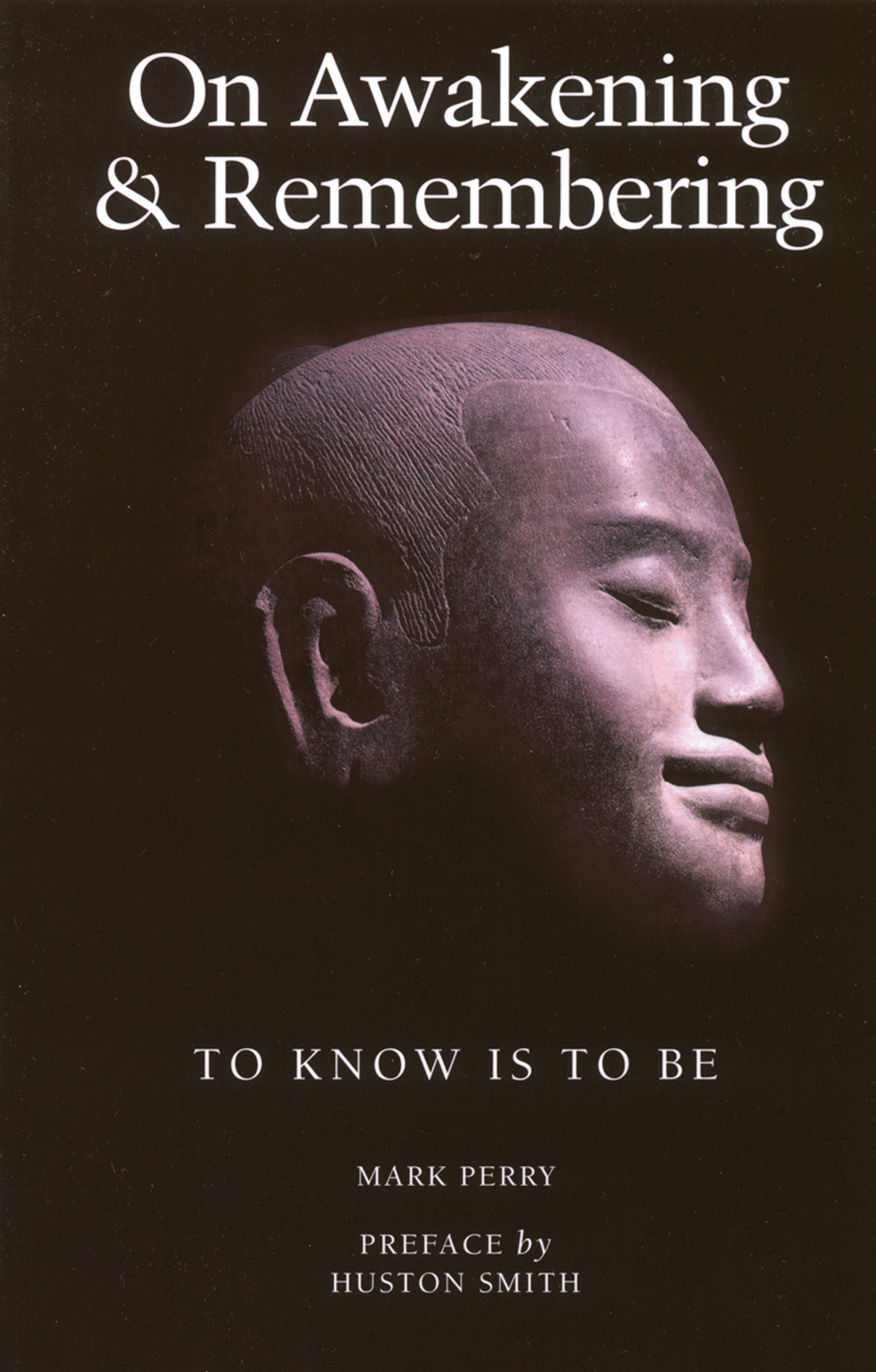On Awakening and Remembering – To Know is to Be
$25.95
“When, in a gesture that proved to be momentous, an anonymous child handed Saint Augustine an open Bible, all she said was, ‘Take, read.’ It risks hyperbole to draw the comparison, but that is all that I really want to say as I hand the reader this extraordinary book. I have encountered few other books that speak more directly and helpfully to the changed outlook that we so desperately need. This is a profound book. Few writings in recent years have done as much to further–in ways that makes life feel different-my understanding of the ultimate nature of things. Perry’s thoughts are as advanced as one will find anywhere–this is clearly the higher mathematics of the human spirit.” – Huston Smith
Borrowing from the teachings of both Western and Eastern mystics–who all point to the same celestial goal–Perry writes in depth about the regeneration of the miracle of human consciousness so that, to paraphrase Aristotle, the soul can become all that it knows. To awaken it through the midwifery of words is the object of this masterful book.
- 9781887752404
- 434
